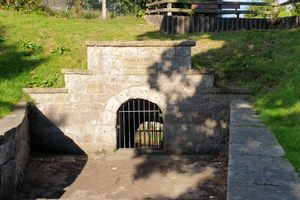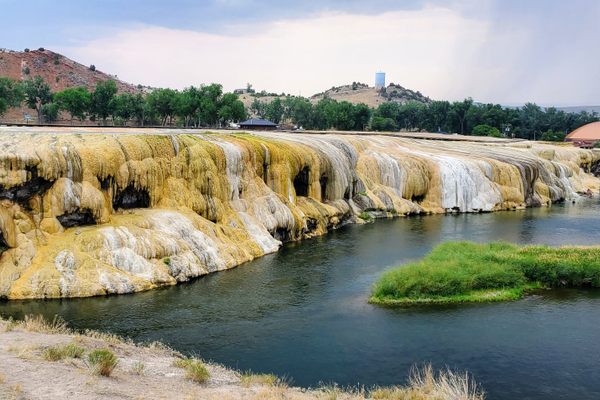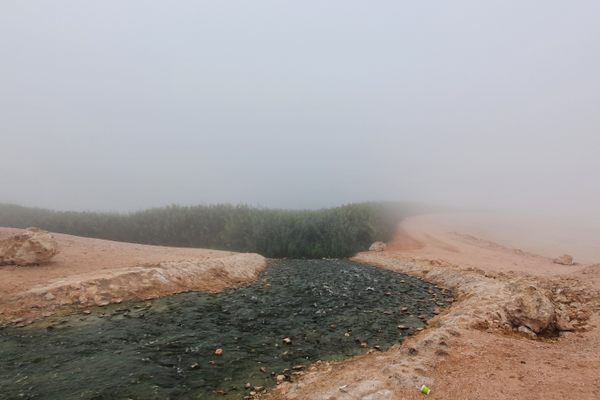About
Considered one of the more impressive feats of British civil engineering in the 19th century, the Pontcysyllte Aqueduct not only managed to span an impressive distance over a deep depression, but it was even designed to act as a recreational boating bridge.
The impressive feat of engineering was designed and completed by civil engineer Thomas Telford, who wanted the huge span to be as decoratively stunning as it was functional. Telford opened the aqueduct, which carried water across the valley of the River Dee, in 1805 despite much skepticism about its design and construction. The criticism would have been understandable as the structure must have seemed like a Herculean folly at the time. The aqueduct is still incredibly impressive today at over 1,000 feet long, and reaching up over 130 feet out of the river valley. Telford built the waterway over 19 hollow mortar pillars, each 53 feet apart and connected with impressive arches. The seemingly weak pillars were then stabilized with iron plating at the level of the canal.
As impressive as the construction itself was, Telford wanted people to be able to experience the majesty of the aqueduct firsthand, so unlike other utility waterways, Telford added a public walkway and a system wherein a passenger boat could be towed through the elevated canal without sending the waters gushing over the sides.
The Pontcysyllte Aqueduct continues to stand today, over 200 years since its original construction and visitors can still float across the canal in rope-towed boats or in self-powered narrow boats.
Related Tags
Published
April 10, 2014


































